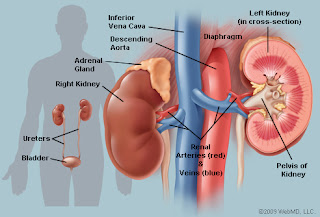Picture: LEAN TIMES ... Farmers from the Omaheke village in the Kunene Region are
seen moving their lean cattle towards the Omakange village in Omusati
to escape the drought. The central parts of Namibia have experienced the
worst rainfall in 30 years.
The central areas of Namibia are
experiencing the most severe drought in three decades, seasonal rainfall
figures released by the Meteorological Service of Namibia show.





























